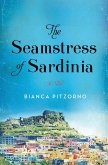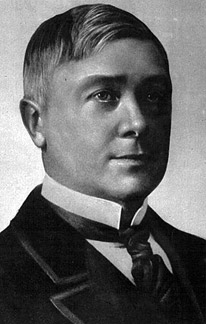In "Joyzelle," Maurice Maeterlinck crafts a poignant exploration of love, intimacy, and the interplay between reality and the ethereal. This play is characterized by its exquisite symbolism and lyrical dialogues, which reflect the Symbolist movement that Maeterlinck was pivotal in shaping. The narrative unfolds in a dreamlike landscape, merging the mundane with the fantastical, as the characters navigate their emotional landscapes amidst the backdrop of an allegorical quest. Through rich imagery and intricate metaphors, Maeterlinck invites readers to reflect on the existential dilemmas faced by his characters, thereby echoing the broader themes of human connection and the yearning for transcendence prevalent in late 19th-century literature. Maurice Maeterlinck, a Belgian playwright, poet, and essayist, was awarded the Nobel Prize in Literature in 1911 for his profound contributions to Symbolism. His formative experiences, including a deep appreciation for nature and the metaphysical, profoundly influenced his artistic direction, culminating in works like "Joyzelle," which encapsulate his belief in the hidden forces that drive human relationships. Maeterlinck's engagement with themes like the ephemeral nature of happiness shaped this narrative, making it not just a personal reflection but a universal inquiry into love. "Joyzelle" is highly recommended for readers seeking an introspective, richly layered play that invites contemplation on love and existence. Scholars and enthusiasts of Symbolist literature will find Maeterlinck's innovative use of language and imagery both compelling and illuminating, making this work a vital addition to any literary collection.
Dieser Download kann aus rechtlichen Gründen nur mit Rechnungsadresse in A, B, BG, CY, CZ, D, DK, EW, FIN, F, GR, HR, H, IRL, I, LT, L, LR, M, NL, PL, P, R, S, SLO, SK ausgeliefert werden.










